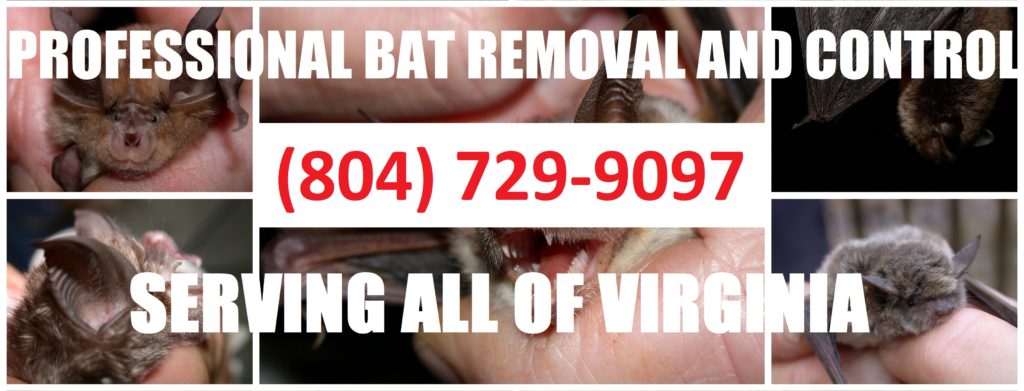Today is World Rabies Day!
In support of Rabies awareness and protection, take this opportunity to review the most important facts about the Rabies Virus, including where you can get it, how to protect your pets and loved ones from exposure, and much more. Continue reading to get started and then spread your newfound awareness to friends and family!

What is Rabies?
Rabies is a fatal viral infection caused by the Rabies Lyssavirus (RABV) virus. Once contracted, there is no cure. It travels directly to the central nervous system, subsequently causing inflammation in the brain and spinal cord. People and canines are the most common victims of rabies infection and fatalities.
Common Carriers of the Rabies Virus
Although raccoons are the most common carrier of the Rabies Virus, bats are another pressing threat. According to the U.S. Centers for Disease Control and Prevention (CDC) website, in 2018, 93% of rabies cases were from wild animals, and bats were at the top of the list of carriers. They further reported that in 2019, 7 out of 10 Rabies deaths in the United States were caused by bats. Many other species of wildlife can be carriers too, including birds, squirrels, skunks, coyotes, and foxes.
Rabies Vaccines for Pets
In order to help spread the rabies virus among people and pets, it is vital to have your dogs and cats vaccinated on an annual basis. Dogs are the most common victim of rabies fatalities because they are curious, outdoor explorers who often come into contact with rabid animals like raccoons or bats. Talk to your veterinarian about your dog or cat’s rabies vaccination schedule recommendation. Routine pet vaccination efforts coupled with the availability of rabies-fighting vaccines and medications is the best approach for fighting the rabies pandemic around the world.
Rabies Vaccinations for People
Because the United States averages 1 to 3 cases of humans contracting the Rabies Virus, there is no CDC or government-decreed recommendation for children or adults to seek out routine rabies vaccinations.
Post-Exposure Prophylaxis (PEP)
Upon potential or known exposure, the U.S. Centers for Disease Control and Prevention (CDC) recommends immediately seeking Post-Exposure Prophylaxis (PEP). Post-Exposure Prophylaxis (PEP) is an antiviral medication taken after you or a pet is exposed to the Rabies virus. Such exposure can happen through a scratch or bite, or in any case in which the bat’s infected saliva enters the target’s bloodstream. This medical treatment is designed to stop the virus from spreading to the central nervous system, making time of the utmost essence.
Are you dealing with a nuisance bat problem in or around your property? Contact Virginia Bat Pros at 804-729-9097 for prompt and professional bat removal and control you can afford. We serve residential and commercial clients.
You Should Also Read:
When Should a Bat Be Captured and Tested for Rabies?
Will Bats Attack My Dog?
What You Want to Know About Bats and Rabies

